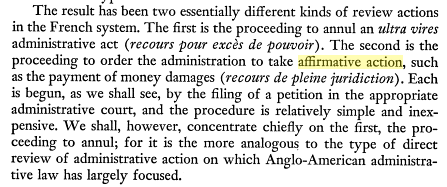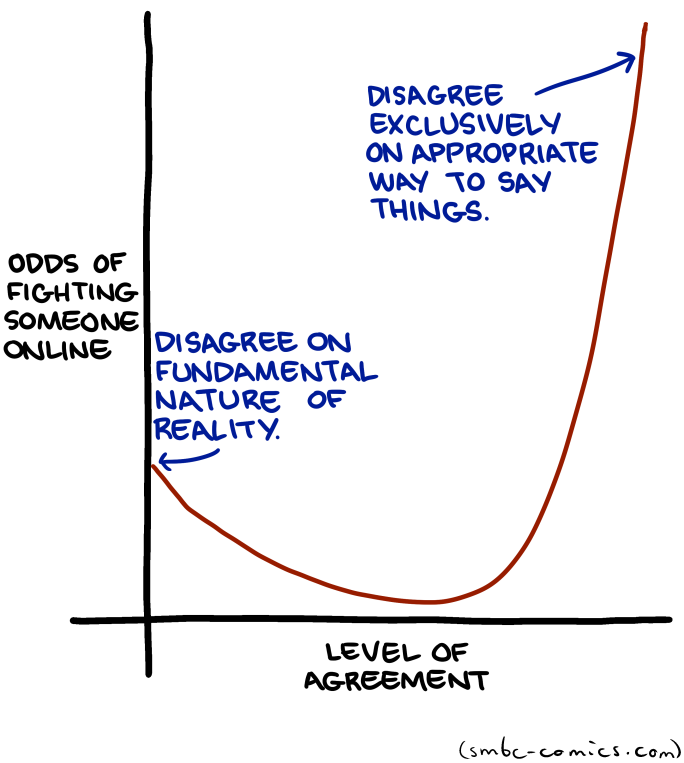Identify Mystery Text, Win $1000
From the University Chicago Library News:
Calling all historians of cryptography and stenography, Sherlockians (see “The Dancing Men”), and other amateur detectives! The collection of Homer editions in the Special Collections Research Center – the Bibliotheca Homerica Langiana(BHL) – includes a copy of the rare 1504 edition of Homer’s Odyssey that contains, in Book 11 (narrating Odysseus’s journey into Hades) handwritten annotations in a strange and as-yet unidentified script. This marginalia appears only in the pages of Book 11 of the Odyssey; nowhere else in the volume. Although the donor of the BHL is suspicious that this odd script is a form of 19th-century shorthand (likely French), he acknowledges that this hypothesis remains unsupported by any evidence offered to date.
The donor of the BHL is offering a prize of $1,000 to the first person who identifies the script, provides evidence to support the conclusion, and executes a translation of selected portions of the mysterious marginalia.
I was not able to find high-resolution images for remote use — Can it really be true that aspirants need to travel to Chicago and inspect the material IRL?
Update: High-resolution images are now available here.



